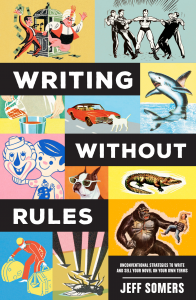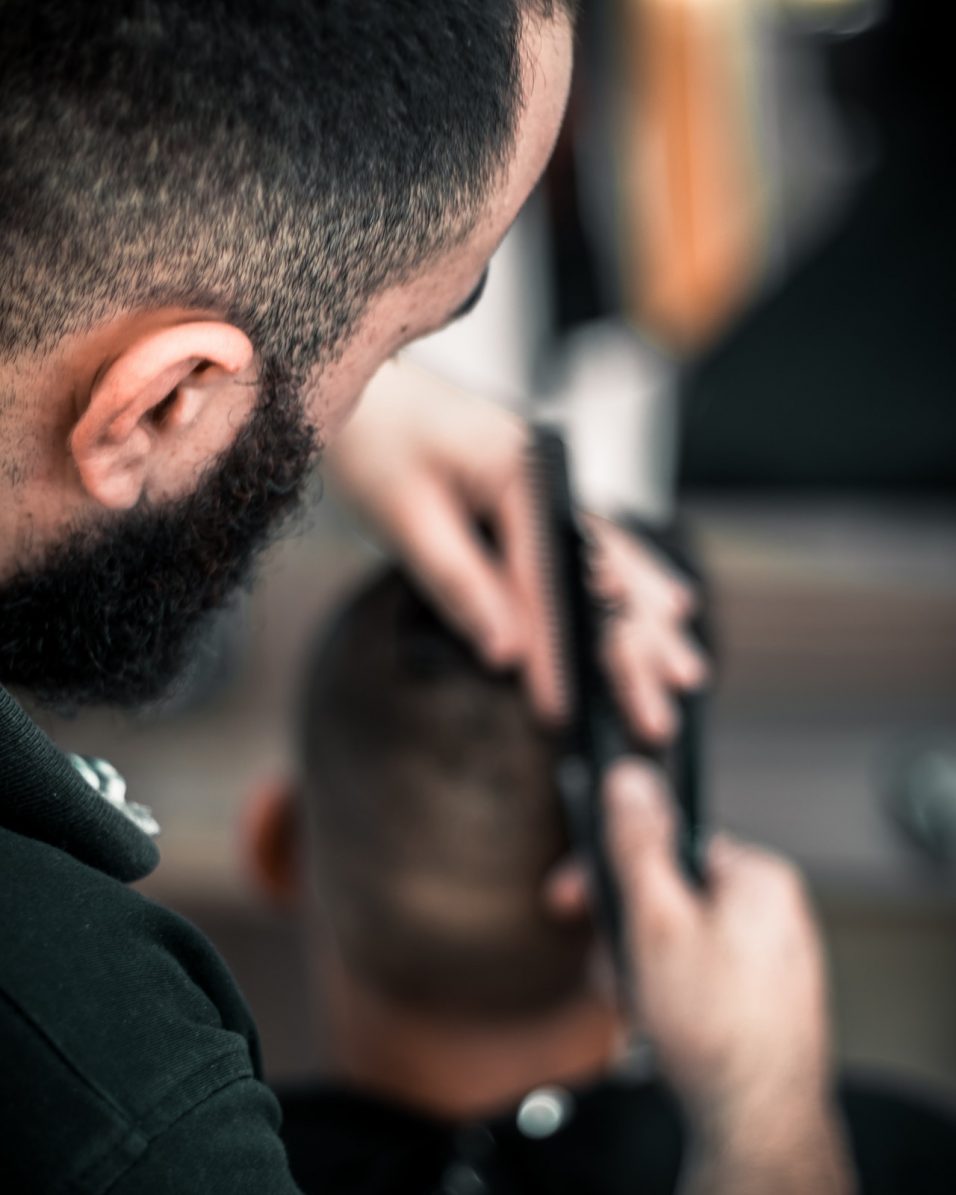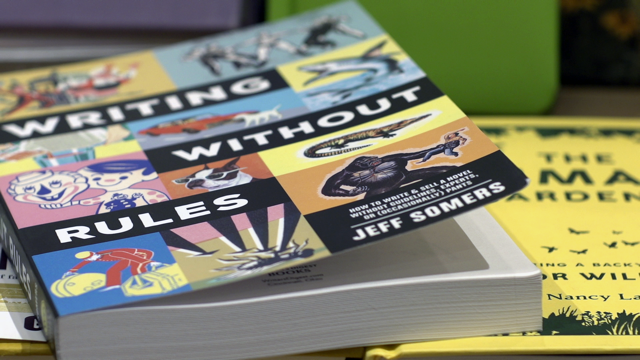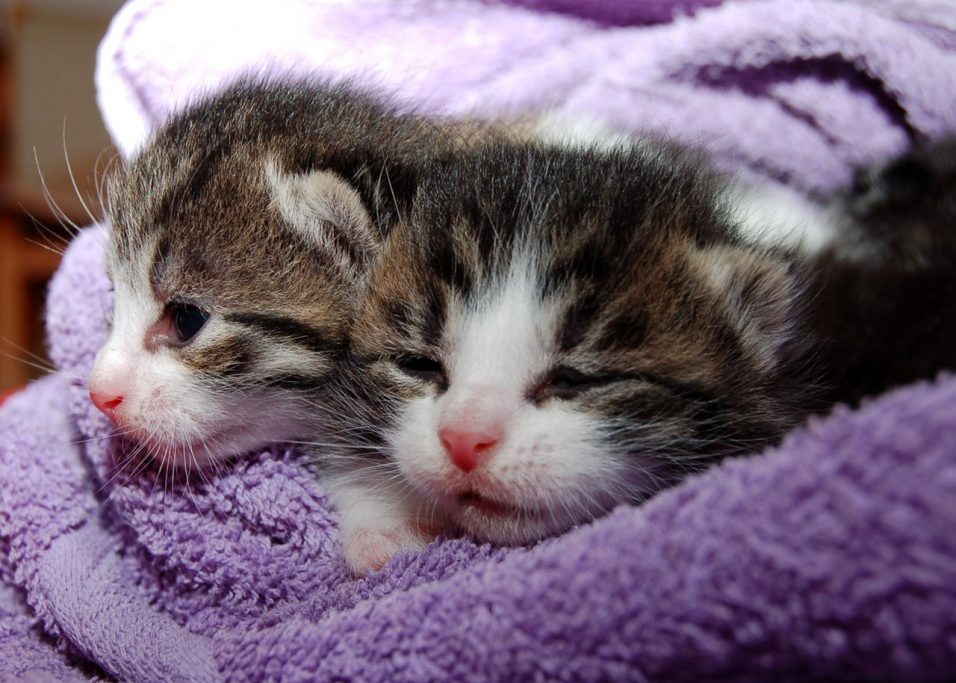
BAM!
A short while after Writing Without Rules came out, I was contacted by an English professor at a nearby university, informing me that she’d chosen to use WWR as the textbook for her writing class, and inviting me to come speak to her students. This was amazing on many levels. On one level, I was flattered and excited to think that someone thought my little book about the craft and business of writing was strong enough to use in a classroom. On another level, I was amazed that someone actually thought I was capable of putting on adult clothing and speaking in public. And on another level I sort of assumed it was a massive prank, and when I arrived at the classroom the walls would fall down and everyone I knew would be there laughing to inform me that my life was some sort of Truman Show prank.
Oddly enough, none of those things happened. What did happen is that I spent two hours teaching a Master Class in fiction, and answering a lot of questions from young writers. The class was a standard mix of energies, from people eager to ask questions and staring at me intently while I spoke to people doodling in their notebooks and whispering over Instagram posts in the back. Y’know, college.
The students had a lot of questions about writing. Which, seeing as no better options existed (like, me juggling for two hours straight, mainly because I cannot juggle)[1], I endeavored to answer as best I could, afraid the entire time that my pants would spontaneously fall down, which happens. What also happens—and happened—is that I made several references to books, films, and entire schools of thought that apparently no one under the age of 30 has heard of. Stuff like this would happen:
Student: What’s one of your favorite characters you didn’t write?
Me: Tom Ripley.
Class: …
Me: From The Talented Mr. Ripley.
Class: …
Me: By Patricia Highsmith? They made a movie with Matt Damon a few years back?
Class: … cool.
Anyways, I thought I’d list some of the questions the class came up with, and my responses (or the gist of them) for future reference (NOTE: My written responses here might be a tad more eloquent than my rambling, stammering responses in real time as I feverishly had to remember where I was and what I was doing every time someone asked a new question).
What makes a good mystery? a good sci-fi novel?
The answer to questions like these is always rooted in the fundamental rule that good stories depend on characters your reader cares about facing a conflict your readers also care about. These things are not unrelated. At a higher level, mysteries should play fair with the reader, and sci-fi should offer a perspective on the universe that the reader hasn’t seen before.
Why do you write mystery/sci-fi?
The dumb answer is that it’s what I read as a kid, and therefore what I started working in when I began writing. The dumber answer is that sci-fi is where I found my first success in publishing novels. The fact is, I still enjoy reading and writing in both genres, and that’s all that really matters.
Why do you think there is no such thing as writer’s block?
As I explain in more detail in Writing Without Rules, it’s more accurate to say I think people mischaracterize writer’s block. It’s not a single, monolithic affliction, it’s a collection of things that can impede your creativity or confidence. It’s more effective to figure out which specific aspect is mucking you up, rather than just throwing your hands in the air because you have the dreaded ‘block.
How much should you care about what readers think?
When writing: Not at all. Write what you want to read. When selling a book you’ve published, care a lot.
Do you write with an audience in mind? Do you have an “ideal” reader?
See above; I write for myself, so I’m my own ideal reader. I believe in separating creativity and marketing; I write a book I’m excited about, then I try to figure out how to publish it and sell it. The most efficient way of doing things? Nope. No one has ever described me as efficient. Salty? Sometimes. Adorable? You know it.
Have you had stories or pieces of stories that you’ve completely scrapped and why?
Rarely, but it happens. I have a disease that compels me to finish things, even projects that are clearly not ever going to be successful, so usually once I hit a certain mass I’m going to finish the damn story/novel/what have you if it kills me, which often (read: usually) leads to spectacular mediocrity. But! I have in fact decided to ice a story or novel even after it’s reached a significant milestone. The reason I might trash a novel that’s 90% finished? It’s always the same: I simply don’t want to write it any more. Excitement and passion are necessary, and even in broken, mediocre stories I usually remain excited about the story it could have been, if nothing else. If that goes, the story usually never gets finished.
What is your process of writing a story from planning to finish? How do you know when you’re done?
To put it as plainly and as simply as possible, you’re done when your protagonist resolves their conflict. It sounds stupid simple because it is stupid simple. You gin up a character. You give them a goal. You put things in their way. And when they get around those things and achieve the goal, the story is over. Ta-da!
My process is gormless and shambolic; I am a natural Pantser, so I start with some sort of inspiration and just start making stuff up, stuff that delights and amuses me. Then I run into problems and have to apply some form of Plantsing to get back on track. I don’t have a schedule; I write when I can, when the mood strikes, when I have the time. I enjoy writing. It’s one of my favorite things to do, so I don’t really need much discipline to work at it. Which, thank goodness because discipline is not my bag.
How do you revise your writing?
It depends, honestly. If I’m happy with the draft, which I often am, my revision is just tweaking and polishing. I have done full-on tear-down revisions that rework the story from the ground up, but that’s not too typical for me. Of course, if I have an edit letter from my publisher, that’s a different story.
Where do your ideas come from?
I steal them. Literally. I get ideas from books, movies, TV shows, random snippets of conversation I hear, and stolen pages from your diary. The main two ways I get ideas is to take someone else’s story and think, I could have done that better; and take an idea someone drops in their story but doesn’t develop and then go develop the hell out of it.
Have you ever had a piece you thought was good, but wasn’t well received? How did you deal with that?
Alcohol helps. If I submit or otherwise distribute something, I think it’s good, so bad reviews or a weak response from an editor is always disconcerting. When you put your stuff out there you’re going to get rejection and bad reviews. So much rejection and so many bad reviews. I think the fact that I started submitting stories and novels at an early age, and really aggressively (like, dozens and dozens of submissions a year) inured me to rejection and criticism. It just doesn’t bother me very much any more. That’s kind of the secret: Get used to being told you suck. Because all it takes is one person to say otherwise.
Do you read your own reviews?
I used to, but after a while I realized that it’s something I have no control over. All I can do is write the stories I want to write and do my best to get them out there. After that, it’s out of my hands, so why bother?
How do you deal with rejection?
See above; the key is to market your work all the time, until rejection becomes a blurry haze. Then pour yourself a drink.
Do you peer review/ show work to friends or other writers?
Not often. I sometimes have a writer friend read something I’m working on, and my wife, The Duchess, often reads stuff I’m particularly excited about. But as a rule, no. If I like something, I’m usually pretty confident about it.
Who are your influences?
Old masters: Tolkien, Zelazny, Chalker, Chandler, Hammett, Thompson, Highsmith. New masters: King, Tartt, Saunders.
What are you reading right now?
I just finished Grant by Ron Chernow, and am now reading A Constellation of Vital Phenomena by Anthony Marra, which is excellent.
How do you break into publishing? How did you?
Every piece of success I’ve ever had stems from The Grind: I submit, and submit, and submit. I follow up. I take the opportunities I come across. I do the work. It really is that basic for me. I sold my first novel Lifers by submitting to publishers probably 50 times. I landed my agent by submitting to agents a similar amount. My short story Ringing the Changes wound up in Best American Mystery Stories, ultimately, because I submitted it to markets. My freelance work is mostly the result of answering ads and cold-pitching editors.
There are other routes into publishing a novel: MFA programs, publishing short stories in major markets for a long time, having a successful blog or other platform, intense networking (I suppose). For me, though, it’s always just been a simple 4 step process: 1. write a story; 2. submit the story; 3. repeat; 4. profit? sometimes.
How do you balance the story, the characters, the setting without there being too much detail or too little detail?
First of all, detail is a revision problem. When writing a first draft, don’t worry about it, just tell the bits that you’re excited to tell. When you’re done, put it aside, come back to it later. Re-read it with fresh eyes, and the detail question will jump out at you, trust me. It will be obvious if you have too much, or not enough.
Then, use your own experience as an example. When you walk into a room, what do you consciously notice? A big mistake writers make is having characters who hyper-narrate their own existence, noting details that no human in the universe has ever noted. Put yourself in the scenario and imagine what you’d notice, then pare from there.
Have you ever had a real life person in your life think your character was actually them?
Not really! I’ve based characters on real people I know all the time, but people usually have a very strange self-image that doesn’t match reality (for example, in my head I am very suave and witty and competent), so they rarely recognize themselves unless you literally name the character after them and include some very, very obvious details.
Do you base your characters on real life people?
Sometimes. Usually my characters are bits and pieces of myself, my idealized self, and other people all mashed together. Rarely is there a 1-1 mapping of real person to character, but it has happened when I’ve got a very specific reason.
How do you know your work is good?
Since I write for myself, that’s easy: When I’m happy with what I’ve written. When I can’t wait to show people.
How can you be more confident in your writing?
I think there are a few basics to confidence:
1. Finish. Finishing stories and novels and blog posts goes a long way to feeling like you’re in command of your instrument and know what you’re doing. A pile of half-finished manuscripts on your hard drive makes you feel like an amateur.
2. Work. Submit stuff. Publish blog posts and essays. Enter contests, go to workshops. The more you get stuff out there and deal with rejection and feedback, the more confident you’ll get, because you’ll have the experience of realizing someone’s negative feedback isn’t very useful, or that rejections are subjective.
In other words, don’t wait for permission to be a writer. Don’t imagine you need special bona-fides. Just write and try to get your work read. The rest is noise.
And now, if you’ll excuse me, all this adulting has exhausted me. I must have a celebratory bottle of rye and a nap.
————————————
[1]I considered doing the Daffy Duck trick you can only do once bit, but since no one was getting my geezer references as it was that seemed likely to fail.











